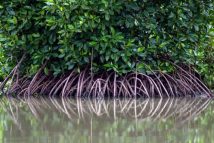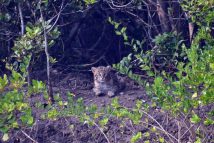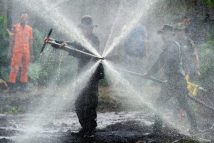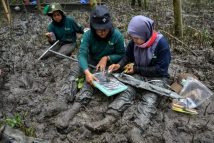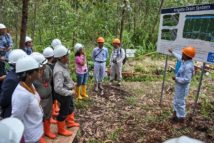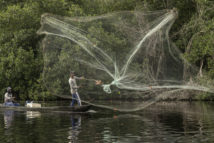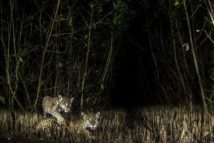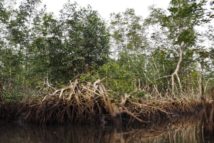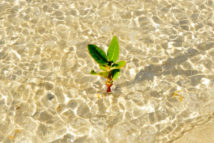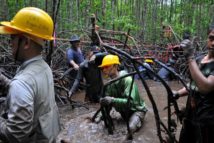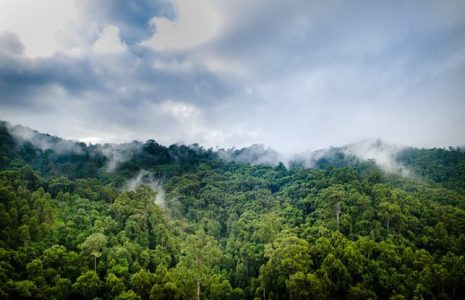
MOST READ
Suzanna Dayne - 21 Oct 2015
Measurements of particles and toxic gases in smoke in fire-ravaged Kalimantan show the health hazards may be even worse than feared.
READ THIS
About
13 Results found. From 1997 - 2024


18 Jul 2024
Revealed: How much carbon Earth’s forests stash—and what’s happening to it
Insights for action from scientists that tracked global forest carbon sink over three decades
12 Jun 2024
From Bali to Jeju, mangroves might help fix East Asia’s climate challenges
Symposium shares findings and experiences from Indonesia and South Korea
3 Jun 2024
Tigers, crocodiles, rising tides: Fieldwork in the largest mangrove forest on Earth
Gathering on-ground data in the Sundarbans Biosphere Reserve
Opinion
- 14 Aug 2023
Indonesia must face up to the heightened risk of drought and fire under El Niño
Research has an important role to play in managing extreme climate events
News
- 19 Aug 2022
Following the science for forest reference emission levels
Next steps for greenhouse gas accounting in Indonesia
Interview
- 18 Aug 2021
Q+A: Scientists shape sustainable wetland activities in vast Congo Basin
Review to serve as baseline for future conservation efforts
Interview
- 28 May 2021
Q+A: Raising the value of a mangrove forest in Colombia
Conservation International develops blue carbon accreditation system
News
- 6 Oct 2020
Pictures reveal magic of mangrove ecosystems
Winners of the 2020 Mangrove Photography Awards
News
- 6 Oct 2020
Pictures reveal magic of mangrove ecosystems
Opinion
- 24 Jul 2020
Securing the future of mangroves through sustainable wood fuel management
An appeal to protect Cameroon's fragile shoreline ecosystem
News
- 16 Jun 2020
Love mangroves? Share your pictures with the world
Mangrove Action Project launches photo competition
News
- 16 Jun 2020
Love mangroves? Share your pictures with the world
News
- 16 Feb 2017
Blue carbon science for sustainable development
Interest is growing among the scientific community about the powerful carbon capture and storage potential of mangroves
News
- 16 Feb 2017
Blue carbon science for sustainable development
Most popular
CIFOR-ICRAF harnesses the power of trees, forests and agroforestry landscapes to address the most pressing global challenges of our time – biodiversity loss, climate change, food security, livelihoods and inequity.
In Focus
Forests News is governed under CIFOR-ICRAF’s Privacy Policy and Terms of Use.
